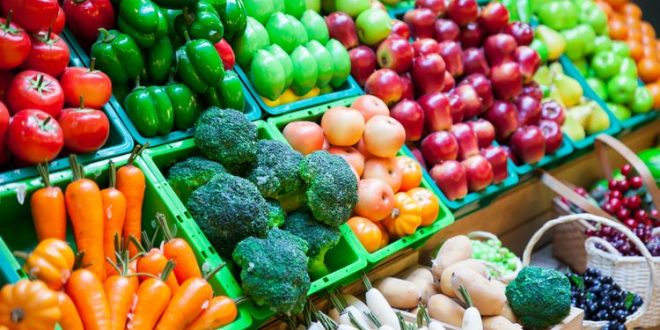The meaning of water in our lives is essential. However, it also has a huge influence on the food industry. When it comes to food, it is essential to review the operation and administration of this resource, since in this type of industry it must be stored, treated, purified, or distributed for its work areas, so the quality of the product cannot be passed.
What is and how does a water treatment plant work?
It is an infrastructure that combines physical, chemical, and biological functions to eliminateor reduce contaminationor undesirable characteristics in the water, whether they come from a natural, residual, supply, or processed source.
Much will depend on the use that will be given, or where said water comes from, which is why we can speak of drinking water treatment plants, that is, for consumption, and wastewater treatment plants, called in the cities sewage.
This type of water treatment fulfills the following functions, according to its installation and the built-in equipment: filtering, sedimentation, chemical treatment (chemical substances are added and/or removed), disinfection, deposit, and release.
To do this, they require a series of components such as water inlet and outlet channels, valves and pipes, a tank, and filter nozzles for water treatment (get more on this site).
How important is it to the food industry?
Having water treatment plants in the food industry represents great advantages due to the demands of its processes;
The processes that are developed in this type of company require high consumption of drinking water, treatment, and channeling of wastewater and contaminants generated, as well as the correct management of solid and liquid waste, which must be disposed of constantly and efficiently while monitoring compliance with certain national standards.
The sector corresponding to beverages represents an annual consumption of the order of 22% of the total water and within this sector is included that of soft drinks.
This type of industry prepares and bottles beverages according to very demanding quality protocols, which entail a high consumption of process water and services, in addition to the water that the products contain as the main component.
Benefits of a Water Treatment Plant
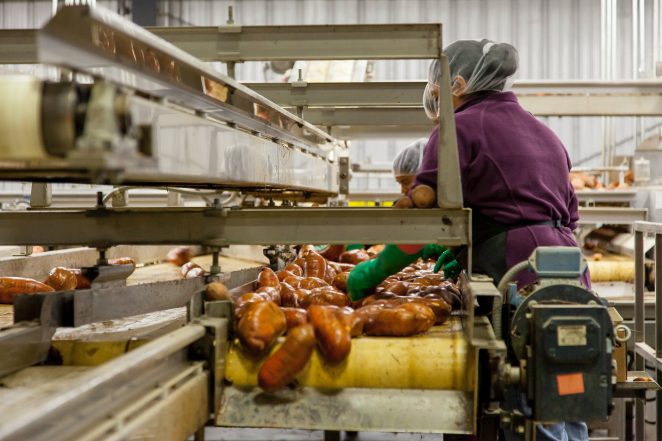
As we said, this type of food treatment is extremely important for the food industry. However, we did not explain the benefits that this business field gets. It is important to highlight 5 of them that might change the entire industry in the future.
Waste Reduction
The treatment itself has a huge influence on the process of water-refining. It manages to do that by removing the massive amount of wastes from it. The entire process ends before it is released to the environment. Despite that, the level of health risks is reduced to a minimum.
Energy Production
As you might know, a big amount of sludge is collected during the entire process. That can comprise a large number of biodegradable materials. This could lead to different types of anaerobic processes that will produce high levels of methane. People that are not familiar with methane gas should know one important thing. This type of gas supports electricity generation. Thanks to that sort of energy, you can power the wastewater treatment plant.
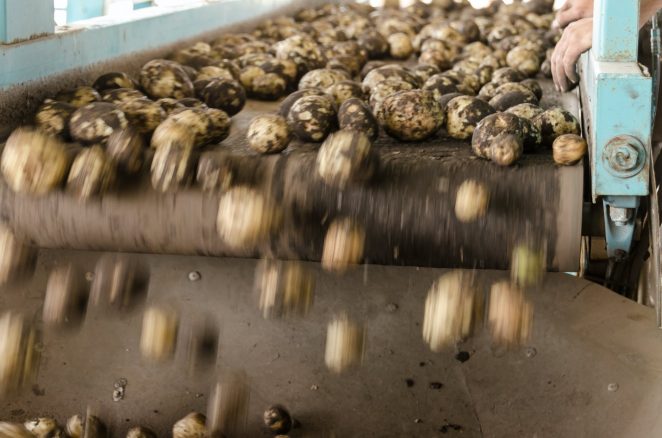
Production of the Fertilizers
Biodegradable materials can be quite useful for entrepreneurs in the food industry. Each one that you can find in the wastewater can be used for the production of natural fertilizers. All fertilizers can be quite helpful for the agricultural sector. Despite that, they have the potential to increase yielding crops. Logically, this is going to lead to the reduction of chemical fertilizer’s utilization.
You Can Get Reusable Water
The benefits can come in the form of money-saving as well. Each time when you treat the wastewater, it will produce the reusable water. Fortunately, you can use it for many different purposes in the food industry. For instance, people can use these benefits on farmlands. Despite that, the water itself can be transported to residential areas. In this case, you will get a wide range of opportunities that can be used for different purposes.
Improvement of Food and Beverage Quality
In the end, we need to highlight the benefit that all companies among industries want to get. Logically, all business owners use different ways to improve the quality of the food and beverage they offer. Still, this might be a solution that they are looking for a longer time. Both, refined and treated water has the power to keep all the beverage and food safe. Despite that, they can improve their quality by choosing the right type of water treatment plant.
Efficiency in the use of water in industry
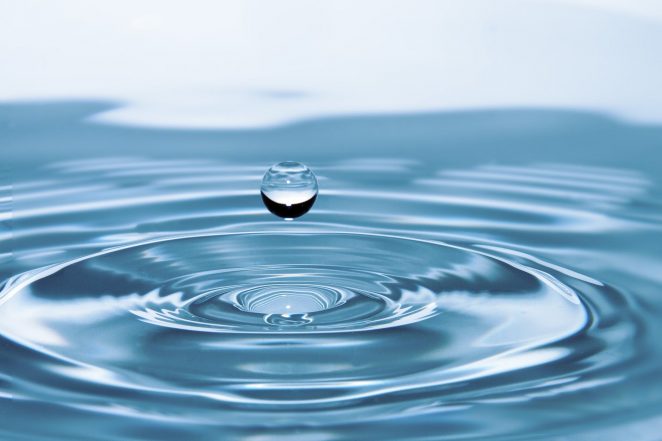
The companies of this food industry can achieve the objective of managing water 100% efficiently through comprehensive water treatment systems that allow the channeling of contaminants and the correct elimination of solid and liquid waste present in the water, generated by the operations of this sector.
Companies in this sector have a high consumption of drinking water, and given the processes they manage, they generate a high volume of wastewater.
Part of environmental regulation in this field implies that companies dispose of the water they use in their processes in the form of reuse. Some of the uses that can be given to treated wastewater from the food industry are:
- Irrigation of gardens and green areas.
- Irrigation of crops, flowers, etc.
- Cleaning of facilities and equipment.
- Return to nature (rivers, seas, and lakes).
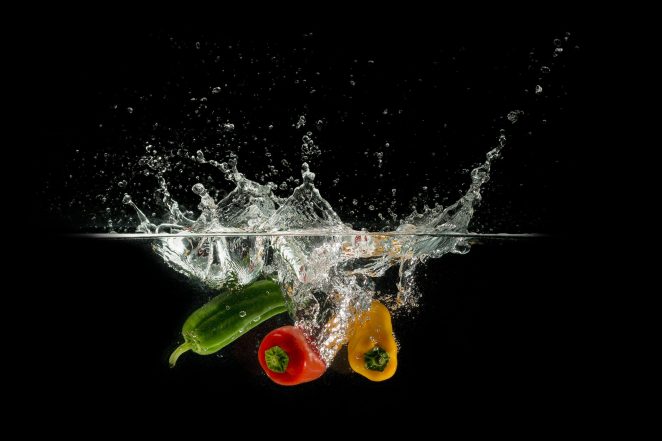
In other words, the treated wastewater from this industry can be used in any activity, for which optimal quality drinking water is not essential. This allows companies to reserve drinking water for very specific tasks, avoiding waste.
If you have a company in this industry, you must check their processes and evaluate the option of implementing a water treatment system within them. This will allow you to save costs and in turn, contribute to the preservation of the environment.
Water treatment in the food industry not only provides ecological benefits, but also economic benefits, based on the reuse of water for various purposes (sanitary, hygienic, supply, irrigation, among others), and cost savings in terms of industrial cleaning, treatment, and maintenance.
Now you also know the secrets of water in the food industry, always remember to stay well hydrated!
 Vermont Republic Second Vermont Republic
Vermont Republic Second Vermont Republic
